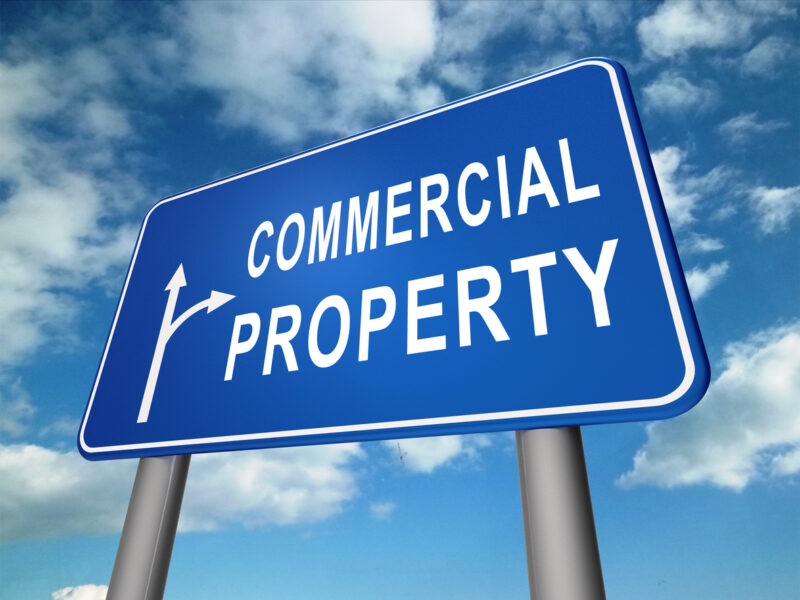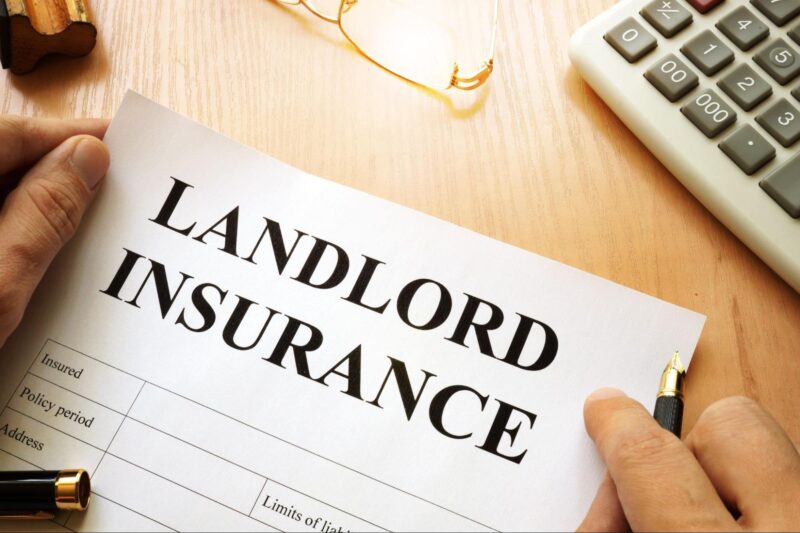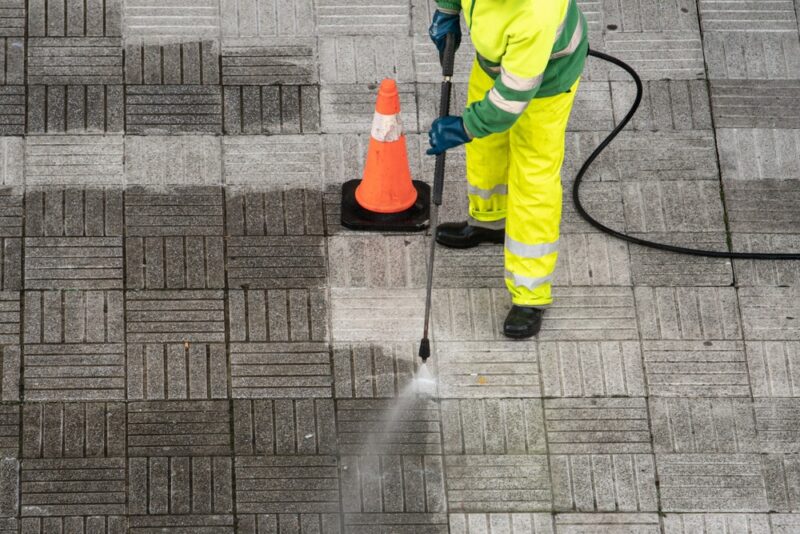Commercial property landlord insurance is essential for property owners renting out their commercial spaces. This type of insurance safeguards landlords from various risks, including tenant defaults, property damage, and liability claims.
The best approach is to look for well-known services in your area. For example, business insurance Ontario.
Understanding the intricacies of this insurance can help you make informed decisions to protect your investment.
Why It is Essential

Commercial property landlords face numerous risks that can lead to significant financial losses. From natural disasters to tenant disputes, the potential threats are vast.
- Protection Against Property Damage
- Tenants may unintentionally cause damage to your property. It covers the cost of repairs, ensuring your investment remains intact.
- Coverage for Loss of Rent
- In cases where your property becomes uninhabitable due to damage, insurance can compensate for the loss of rental income, maintaining your cash flow.
- Liability Coverage
- If a tenant or visitor gets injured on your property, liability coverage can protect you from costly legal claims and medical expenses.
- Legal Expenses
- Disputes with tenants can lead to legal battles. Insurance can cover legal costs, saving you from out-of-pocket expenses.
- Natural Disaster Coverage
- Natural disasters such as floods, earthquakes, and storms can cause extensive damage. Insurance ensures you’re covered for repairs and rebuilding.
Types of Coverage

Commercial property landlord insurance includes various types of coverage, each addressing specific risks. Understanding these can help you choose the right policy for your needs.
Building
Building insurance covers the structure of your property, including walls, roofs, and fixtures. It protects against risks such as fire, vandalism, and certain natural disasters. This coverage is essential for maintaining the structural integrity of your property.
Contents
Contents insurance covers the items you provide within the property, such as furniture and equipment. If these items get damaged or stolen, contents insurance ensures you’re compensated for their replacement or repair.
Rent Guarantee
Rent guarantee insurance is vital for ensuring a steady income stream. It covers you in cases where tenants fail to pay rent, providing financial stability even during tenant disputes.
Liability
Liability insurance protects you from legal claims if someone gets injured on your property. It covers legal fees and compensation costs, safeguarding your finances.
Accidental Damage
Accidental damage insurance covers unintentional damage caused by tenants or their guests. This can include anything from broken windows to damaged flooring.
Legal Expenses
Legal expenses insurance covers the costs of legal disputes with tenants, such as eviction processes or breach of lease agreements. It ensures you don’t bear the financial burden of legal battles.
Factors to Consider
Selecting the right insurance policy requires careful consideration of several factors. Here’s what you need to keep in mind:
Property Type and Location
The type and location of your property can influence the risks you face. Properties in flood-prone areas, for example, may require additional coverage. Understanding the specific risks associated with your property can help you choose the right insurance.
Tenant Profile
The nature of your tenants can also affect your insurance needs. Commercial tenants, such as retail stores or offices, may have different risks compared to industrial tenants. Consider the activities of your tenants when selecting coverage.
Coverage Limits
Ensure that the policy you choose offers adequate coverage limits. Underinsuring your property can lead to significant out-of-pocket expenses in the event of a claim.
Exclusions
Every insurance policy has exclusions—situations that are not covered. Understanding these exclusions is crucial to avoid surprises during claims. Make sure you’re aware of what’s not covered under your policy.
Premium Costs
While it’s essential to have comprehensive coverage, you also need to consider the cost of premiums. Compare different policies and choose one that offers a balance between coverage and affordability.
Claims Process
A smooth and efficient claims process can save you time and stress during emergencies. Research the insurer’s reputation for handling claims and choose one with positive reviews.
How to Get the Best One

To secure the best insurance for your needs, follow these steps:
Assess Your Risks
Evaluate the specific risks associated with your property and tenants. This assessment will help you determine the types of coverage you need.
Compare Policies
Don’t settle for the first policy you find. Compare multiple insurance policies from different providers to find the one that offers the best coverage at a reasonable price.
Consult a Broker
An insurance broker can provide expert advice and help you navigate the complexities of commercial property landlord insurance. They can also assist in finding policies that suit your specific needs.
Read the Fine Print
Before finalizing any policy, read the terms and conditions carefully. Ensure you understand the coverage, exclusions, and claims process.
Review Your Policy Regularly
Your insurance needs may change over time. Regularly review your policy to ensure it still provides adequate coverage for your property and tenants.
Common Claims in Commercial Property Landlord Insurance
Understanding common claims can help you better prepare and mitigate risks. Here are some typical claims filed under commercial property landlord insurance:
Water Damage
Water damage from burst pipes, leaks, or floods is a frequent claim. Regular maintenance and inspections can help prevent such issues.
Fire Damage
Fires can cause extensive damage to property. Ensure your property has adequate fire safety measures in place.
Vandalism
Vandalism by tenants or external parties can lead to costly repairs. Security measures such as surveillance cameras can help deter vandals.
Tenant Default
Tenant default claims arise when tenants fail to pay rent. Rent guarantee insurance can protect your income in such situations.
Natural Disasters
Natural disasters like storms, earthquakes, and floods can cause significant damage. Ensure your policy covers these events.
Conclusion

Commercial property landlord insurance is a vital safeguard for property owners. It protects against a wide range of risks, ensuring your investment remains secure. By understanding the types of coverage available, assessing your specific risks, and choosing the right policy, you can confidently manage your property and navigate any challenges that arise.
Investing in comprehensive commercial property landlord insurance is not just a smart financial decision; it’s essential for maintaining peace of mind and ensuring the long-term success of your property rental business.








